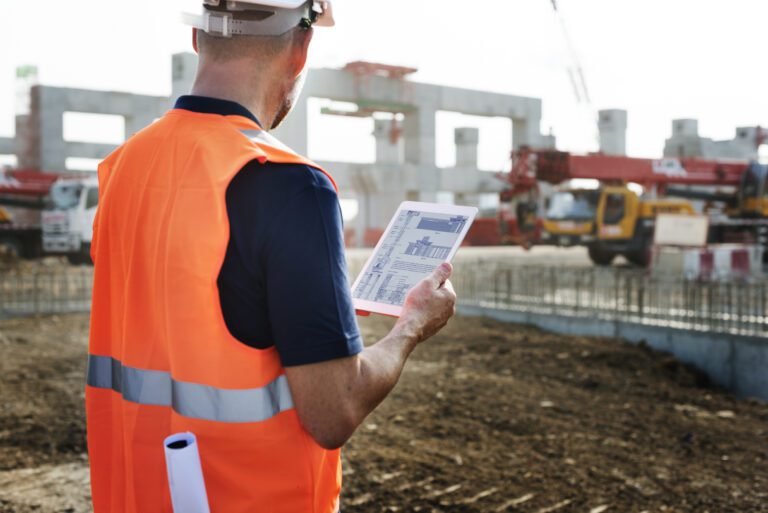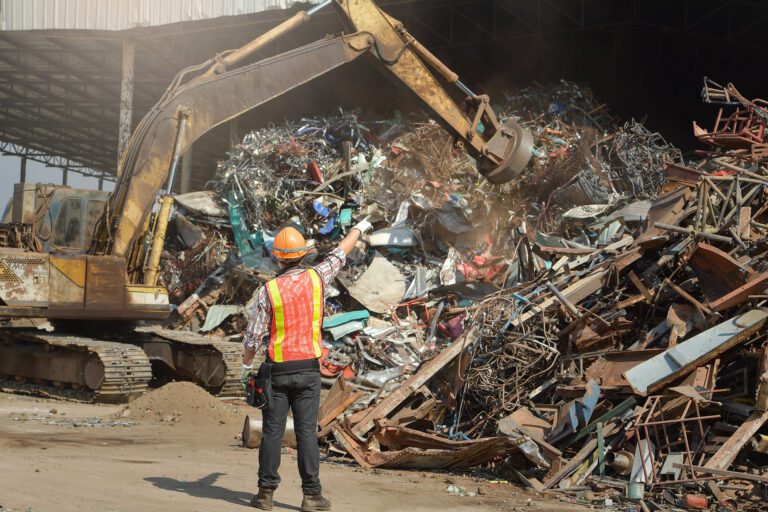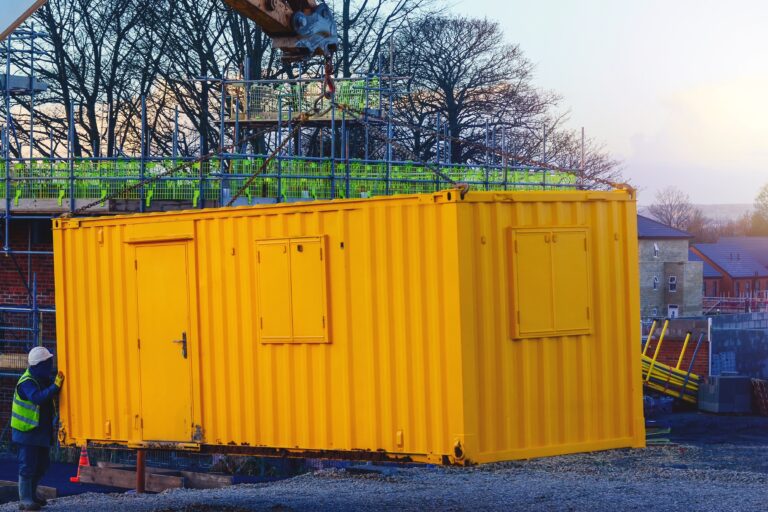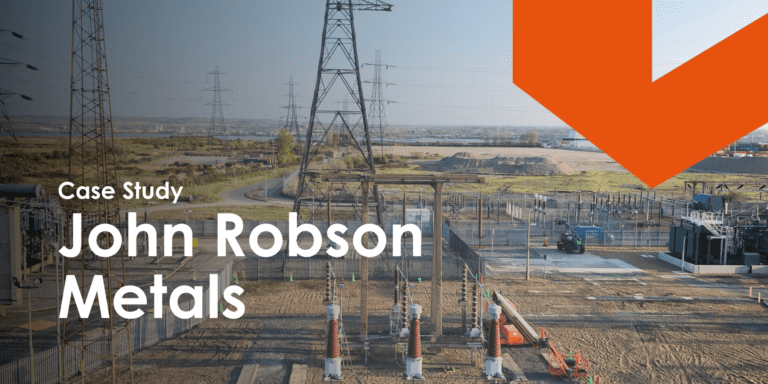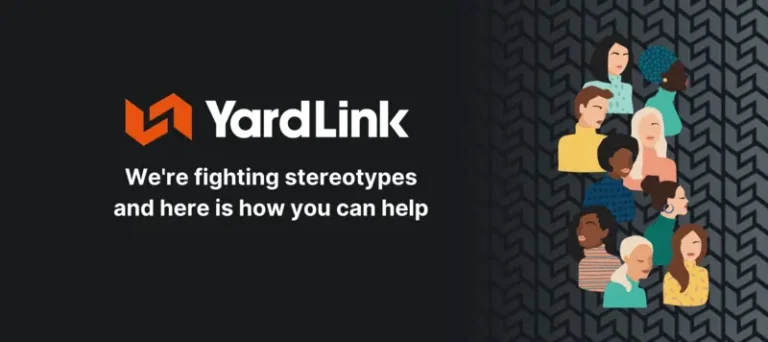9th June, 2022
ITSSAR Training: How Your Team Can Benefit
ITSSAR training is an important part of construction. We look at what it is, why you need it, and how you can move forward. Find out more here!
ITSSAR training stands for the Independent Training Standards Scheme and Register.
Established in 1981, the team is responsible for writing and monitoring training standards for all Mechanical Handling Equipment (MHE).
Their aim is to promote the highest quality of training within the workplace which should be a top priority for any construction manager.
Regardless of what equipment your team is using, you want to be confident that they fully understand its operational functionality, otherwise it could be dangerous. Therefore, providing them with correct training reduces the likelihood of workplace accidents and injury.
Lots of workplace incidents can be avoided, which is why investing the time and money in training your team is a necessity.
When employees are off sick, this can lead to a whole array of problems. For example, projects can be pushed back and clients will become frustrated. If any employee has suffered a serious workplace injury, they could be absent from work for months.
This has a huge knock-on effect on the rest of your team and can slow your business down.
As such, providing sufficient training should be at the top of your to-do list, and ITSSAR training is a great place to start.
What Is ITSSAR Training?
We’ve covered this slightly in the intro, but ITSSAR ensures that workplace training is up to a certain standard.
Is it their responsibility to ensure that employees are receiving adequate training that will fully support them in their role.
ITSSAR is approved and listed as an accrediting organisation by the Health & Safety Commission (HSC) in the Approved Code of Practice (ACoP) for Lift Truck Operator Training.
As discussed, its sole function is to write and monitor training standards for a broad range of mechanical handling equipment which includes forklift trucks, crane operation, lifting and rigging operations, and slinging and signalling.
This ensures that its registrants are delivering the highest quality of training within the workplace so that team members fully understand how to operate different pieces of machinery.
The Standards are relevant, current, and comprehensive and far exceed the Accrediting Bodies Forum 2000.

What Are the Benefits of Completing ITSSAR Training?
Completing ITSSAR training brings benefits to both construction managers and individual construction workers.
In terms of management level, it gives you complete confidence that your team fully grasps how to use different construction plants safely. Similarly, in terms of individual workers, it makes you feel more comfortable when operating different types of machinery as you will understand how they work with minimal supervision.
This also supports your career progression as you will be able to manage more equipment independently.
Other benefits of completing ITSSAR training include:
- Validation and verification of training undertaken
- Promotes confidence in operator training
- Lifelong, safe and secure scheme
- Promotes a communication link between, training organisations, employers, operators and the industry
- Individual unique Identification number
ITSSAR Training and Health and Safety
An approved ITSSAR instructor can be relied on to help businesses reduce workplace transport incidents and accidents while improving onsite safety through training.
Never fall into the trap of thinking that the controls of a forklift are simple and easy enough to follow. If you leave this piece of machinery in the hands of an inexperienced operator, this equipment can be very dangerous.
And, it’s not only the operator who is at risk either. If they cannot control the piece of machinery, then they are also putting others at risk who are working in the surrounding area.
For instance, they could quite easily drive into a stack of shelves or forget to check their blindspot whilst maneuvering boxes, and crash into someone.
When an incident takes place and another staff member is injured, an inspection from the Health and Safety Executive (HSE) is highly likely, as they will want to investigate what has happened.
Typically one of the first questions asked will be what level of training did the equipment operator hold and how long ago did they last update their knowledge?
If a business has done the right thing, and invested wisely in ITSSAR instructor training for its operators, then it has acted in line with current legislation. However, if the business has opted for insufficient training for its operators, it could face heavy financial penalties.
You have put someone at risk unnecessarily by failing to provide the right training for your employees. This is certainly something to consider if you’re still skeptical about ITSSAR training, as it is worth the initial investment.
ITSSAR Training and Productivity
Whilst the most obvious benefit of ITSSAR training is being able to operate a forklift safely to reduce the chance of accidents on-site, it has other advantages too.
Part of a forklift training course involves teaching operators the most efficient way to use the equipment.
As such, knowing this knowledge can help streamline the way they work and enhance their workflow. Furthermore, by improving the skill set, operators are able to work safely at greater speed, increasing their productivity and output.
Approved ITSSAR training ensures that operators use equipment in the way it was designed for.
Using forklifts correctly can have an economic advantage for firms too, as machines usually require less maintenance and have increased service life.
This ensures businesses are not wasting money replacing pieces of equipment, as they will have a greater lifespan.
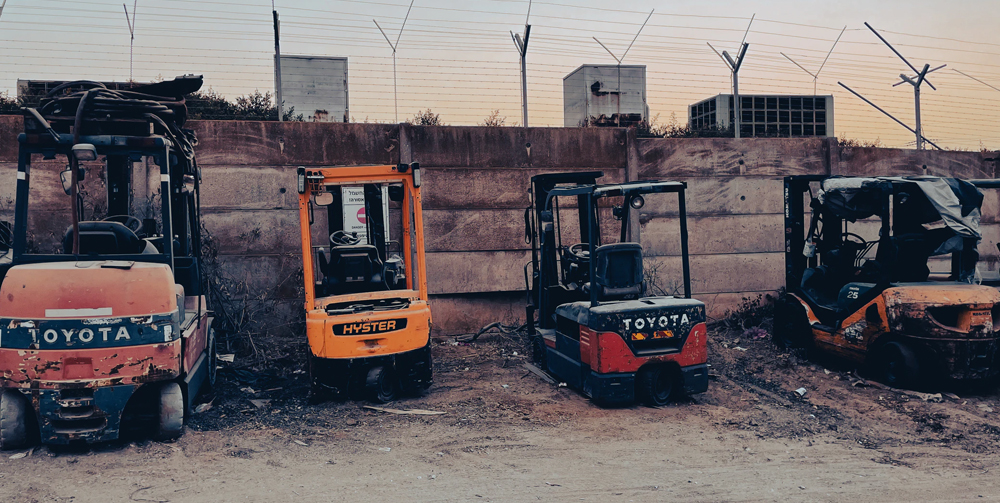
What ITSSAR Training Forklift Courses are Available?
There are a number of courses on offer, depending on what you require.
Take a look at the list below to decide which of these courses is right for you.
A – Powered Pallet Trucks
A1 – Pedestrian Pallet Trucks
A2 – Rider Pallet Trucks
A5 – Pedestrian Pallet Stacker
A6 – Pedestrian Straddle trucks
B – Counterbalance
B1 – Lift truck up to and including 5 tonne
B4 – Stand-on counterbalance
C – Sideloader
C1 – Up to and including 5 tonne
C2 – Lift truck over 5 tonne – up to and including 15 tonne
D – Reach
D1 – Reach & straddle trucks 3-8m
D2 – Reach & straddle trucks 8m lift
F – Very Narrow Aisle
F1 – Operator up
H – Tow Tractors & Trailers
H1 – Tow Tractors & Trailers
J – Rough Terrain
J1 – Masted lift truck
J2 – Variable reach/telescopic up to 9m lift 2 or 4 wheel steer/articulated
J3 – Telescopic above 9m lift 2 or 4 wheel steer/articulated
J6 – Variable reach/telescopic, rotating turret under 9m lift 2 or 4 wheel steer (360 Rotating Telehander)
J7 – Variable reach/telescopic, rotating turret over 9m lift 6 2 or 4 wheel steer (360 Rotating Telehander)
M – Multi-directional
M1 – Multi-directional lift trucks
M2 – Multi-directional side loader
P – Pivot Steer
P1 – Pivot Steer Rider operated
Categories of Accreditation for ITSSAR Training
ITSSAR offers several categories of accreditation, and you’ll find each of these classes below.
- Category 1: Registered Instructor
- Category 2: Operator Training Organisation Accredited
- Category 3: Instructor & Operator Training Organisation Accredited
- Category 4: Registered Tutor
- Category 9: Management & Supervisors
It’s important to understand which level of training you require for your business.
For example, Category 3: Instructor & Operator Training Organisation Accredited means that not only will your operators be trained, they will also be able to go on and train other operators within your own company to ITSSAR Standards.
This means even more of your workforce will understand how to use different items of machinery properly, which will reduce the likelihood of workplace accidents.
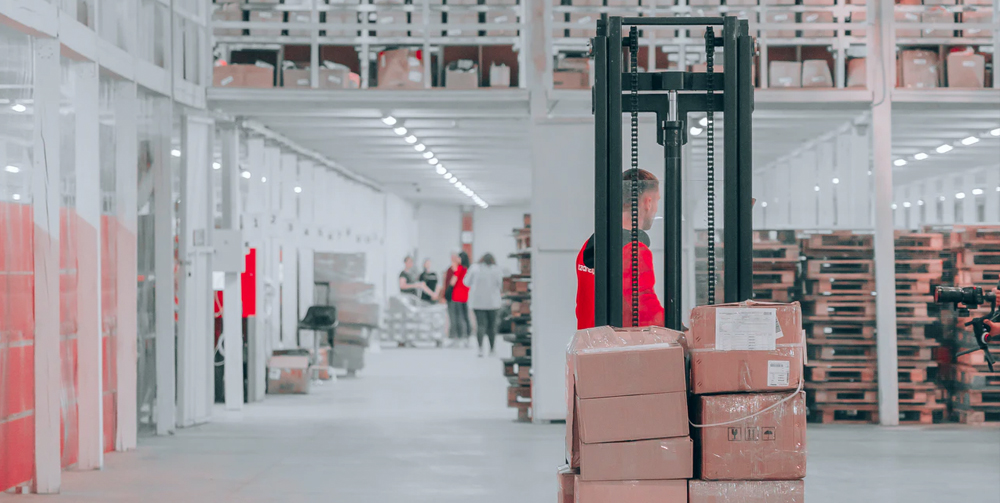
Forklift Operator Training Levels
There are a range of operator training levels which we have outlined below:
- Basic Training – This is specifically for untrained operators who will receive basic operator training.
- Experienced Operator training – This is for experienced operators who have not received basic training.
- Conversion Training – This is for operators who hold a forklift certificate and wish to train on a different machine
- Refresher Training for certificated operators – As the name suggests this is a refresher training course to ensure team members are up to date with best practices. It is recommended that this course is taken every 3 to 5 years.
How long does the training take?
In terms of how long it takes to complete an ITSSAR training course, it all depends on the required level.
Please read below for more information:
- Novices – 5 days training
- Experienced – 3 days training
- Conversion (from other truck type/capacities) – 2 days
- Refresher training – 1 day
Where Can You Access ITSSAR Courses?
There are a range of ITSSAR accredited training providers across England and Scotland.
To find a training provider near you, simply click here.
You will be able to find both Category 3 and Category 4 courses, depending on which course content is best suitable for your needs.
Some training providers offer either online training or on-site training which can be very beneficial as you can fit it around other work commitments.
However, there are various benefits to on-site training as operators can train on the machine they will be using. Furthermore, training can be conducted during quieter days to avoid managers losing their workforce completely, and weekend training is also available.
ITSSAR Training: How Your Team Can Benefit
ITSSAR training courses ensure that your operators are correctly trained before using any type of mechanical handling equipment.
Whether that’s cranes, forklift trucks, or plant equipment, these courses ensure your team are trained to the highest standards, which mitigates the likelihood of risk and injury.
As a construction manager, it is your responsibility to keep your team safe which includes making sure they are aware of current legislation and best practices.
Instead of just choosing a course at random, ITSSAR accredited courses ensure your team is receiving the best possible knowledge, so that they are safe and secure in the workplace.
Furthermore, they will learn practical skills which they can apply to other parts of their role, which can improve your business as a whole.
Whilst having staff who are properly trained is a priority for any construction manager, so is having the right equipment. Without tools, you’re unable to do your job, so you need a plant hire company you can trust.
Make way for YardLink – your one stop shop for all your construction needs. You can browse through hundreds of products in one place, and schedule your own delivery time. You can also manage all of your hires from one central hub which saves you time calling round several different suppliers.
To find out more, get in touch with the team!
YOU MIGHT ALSO BE INTERESTED IN

